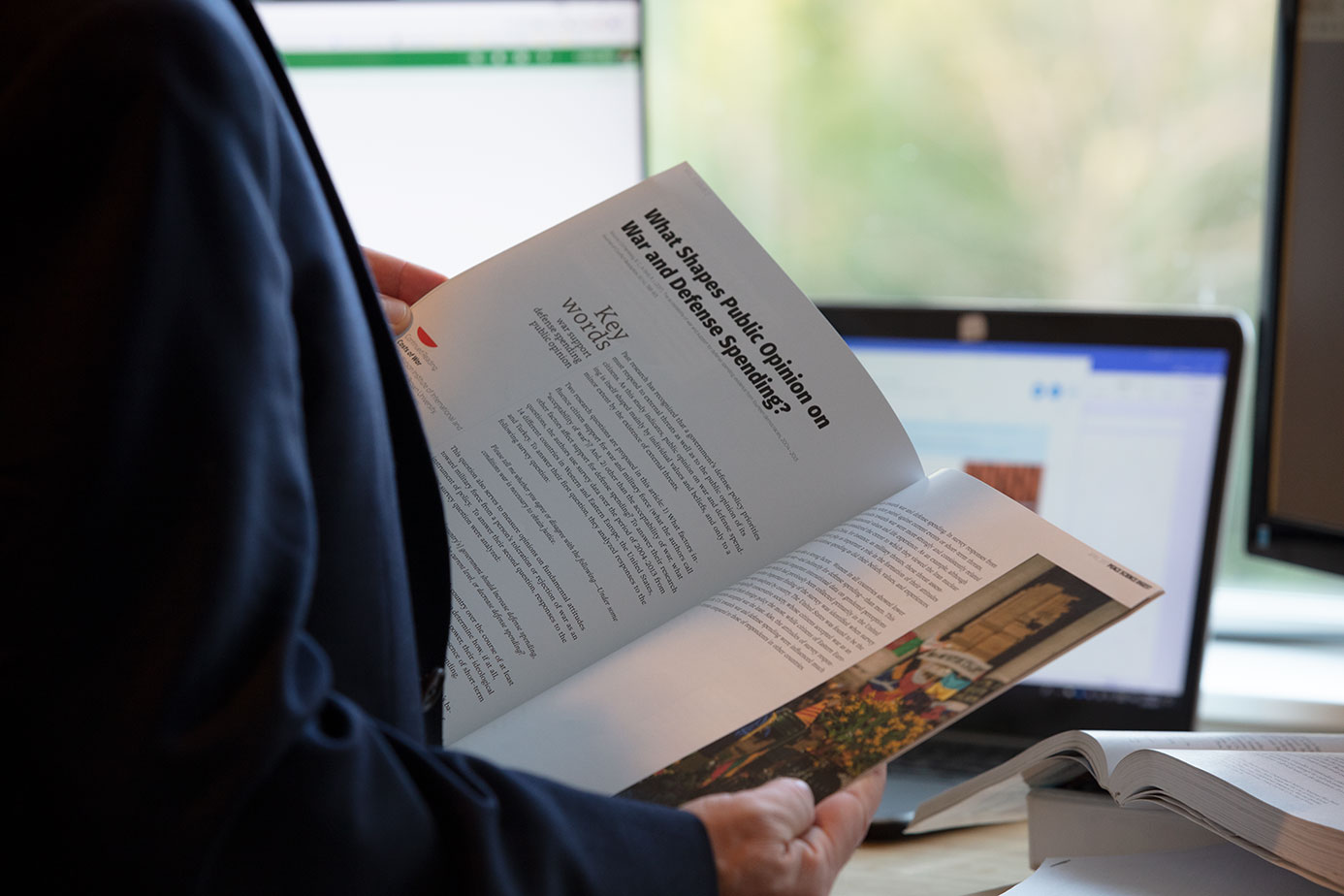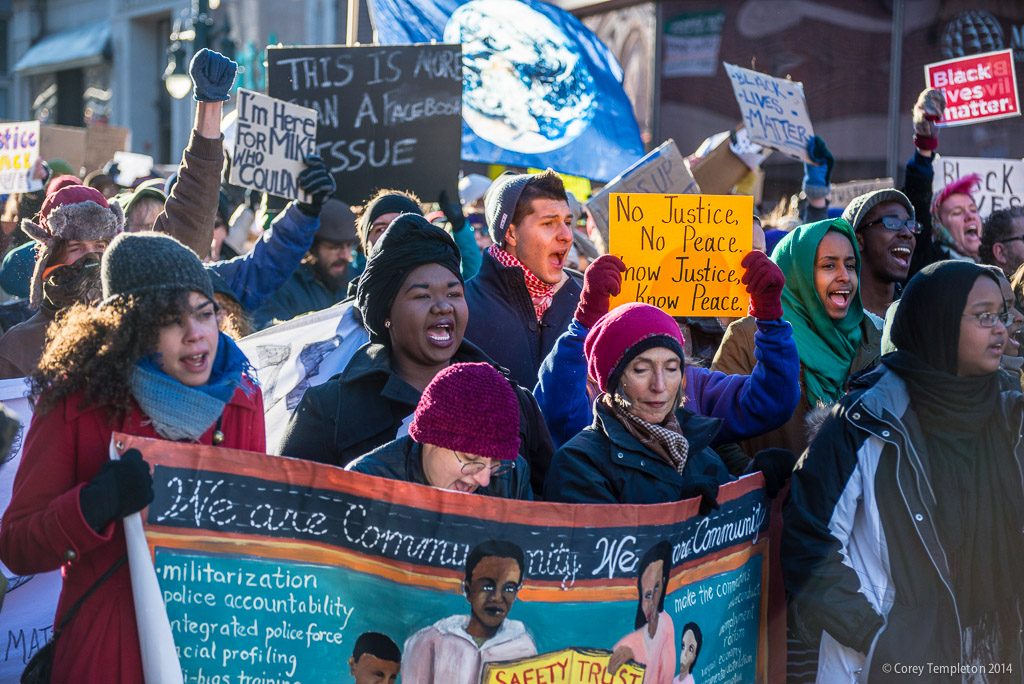
Demilitarizing the Response to Climate Change
National governments, particularly in the Global North, emphasize the militarization of national borders to prevent climate refugees over policies—like reducing carbon emissions—that would actually address the security threat posed by climate change itself.
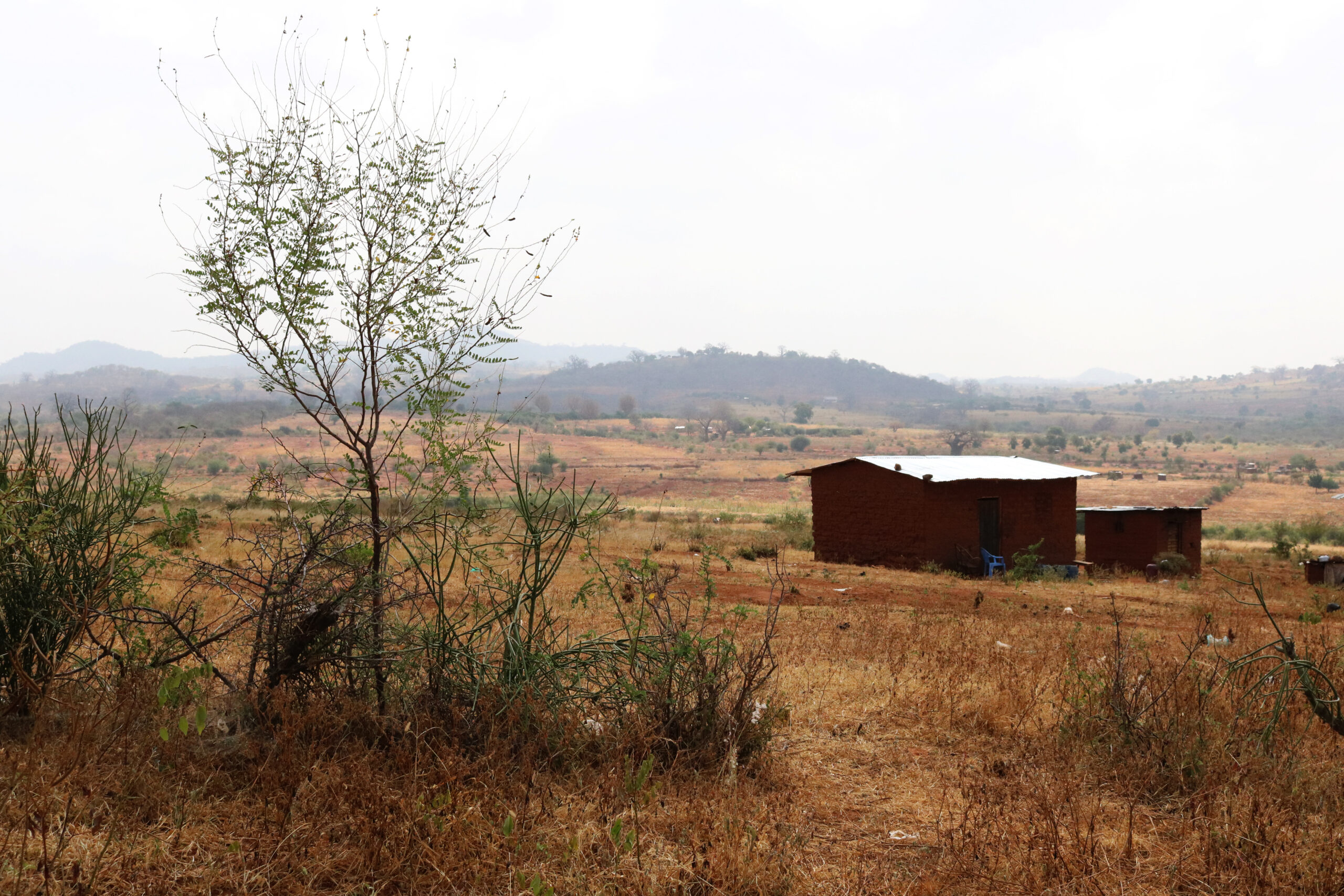
Is Transitional Justice Helpful or Harmful to Peacebuilding? A Case Study of Kenya
Lack of local ownership and elite interference in the Truth, Justice and Reconciliation Commission (TJRC) and International Criminal Court (ICC) transitional justice initiatives constrained the peacebuilding agenda because victims of electoral violence were not able to achieve justice, a critical element of reconciliation.
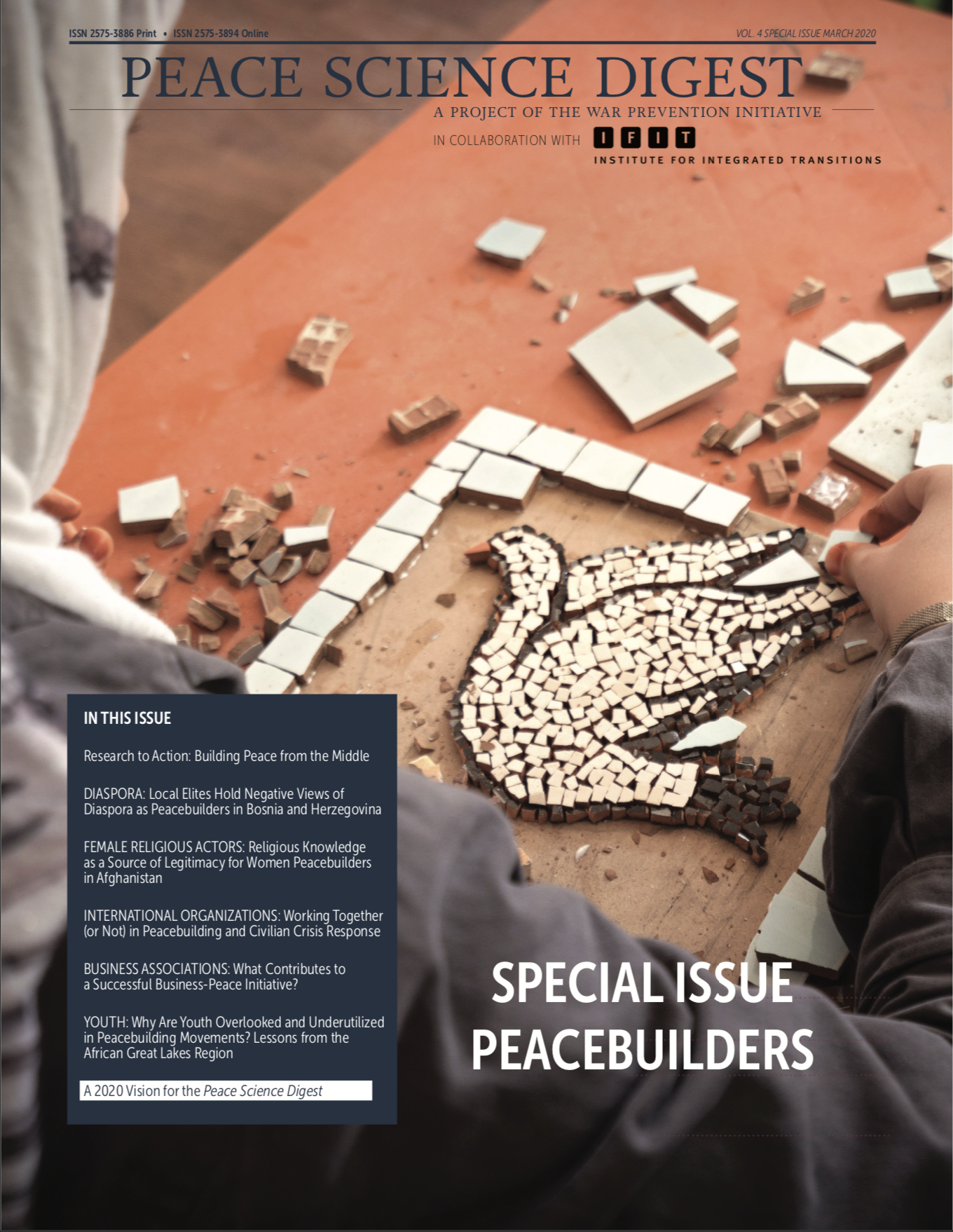
Special Issue: Peacebuilders
This special issue—the final issue of Volume 4—focuses on peacebuilders: Who are they? How do they work? What are their unique needs and capacities? What challenges do they face?

Building Peace from the Middle: The Critical Work of National Brain Trusts
Strategies for building sustainable peace after violent conflict tend to focus on two levels of leaders: national elites who negotiate peace agreements and community actors who oversee local mediation and reconciliation efforts
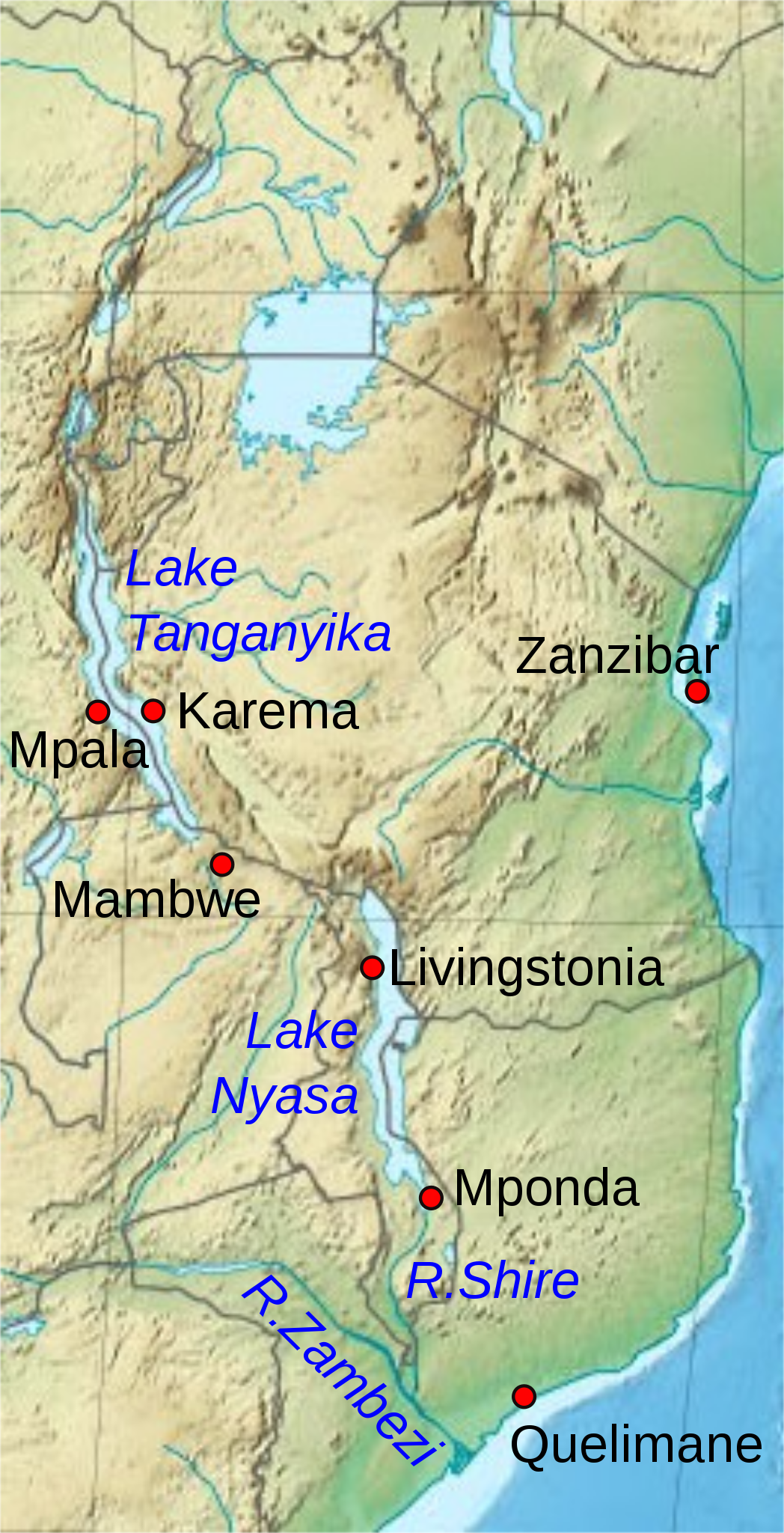
YOUTH: Why are Youth Overlooked and Underutilized in Peacebuilding Movements? Lessons from the African Great Lakes Region
Youth organizations are particularly capable of positively contributing to peace because of their varied conceptualizations of peace, which foster multidimensional approaches to peacebuilding, and their ability to integrate indigenous knowledge into their conflict resolution efforts.

BUSINESS ASSOCIATIONS: What Contributes to a Successful Business-Peace Initiative?
Business-peace initiatives can be successful: 64% of respondents reported improved social fabric in their community, and 80% identified at least one positive economic outcome of the project.
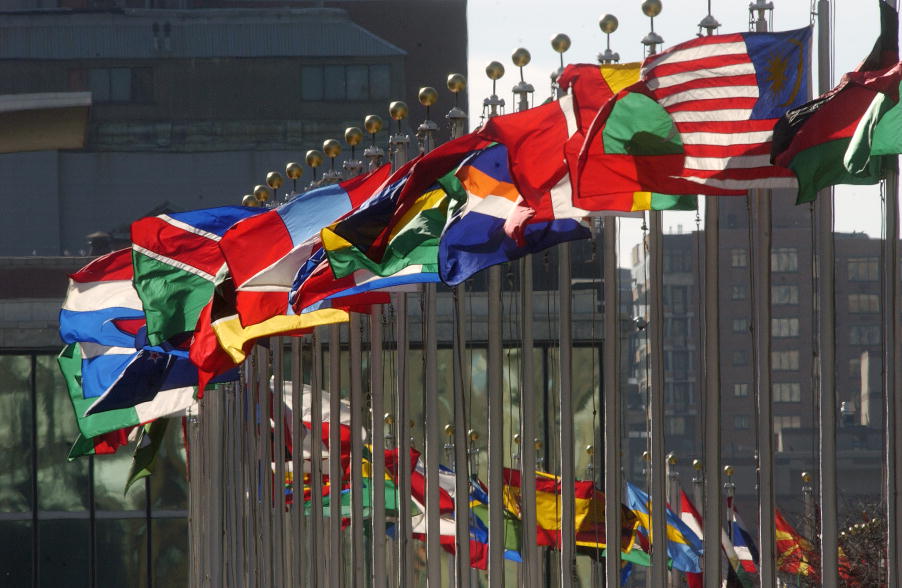
INTERNATIONAL ORGANIZATIONS: Working Together (or Not) in Peacebuilding and Civilian Crisis Response
EU, UN, and OSCE civilian missions could do much more to fully capitalize on the potential for “synergy” in their work, through more systematic exchange of capabilities like staff, mission support, equipment, funding, or political and diplomatic support.
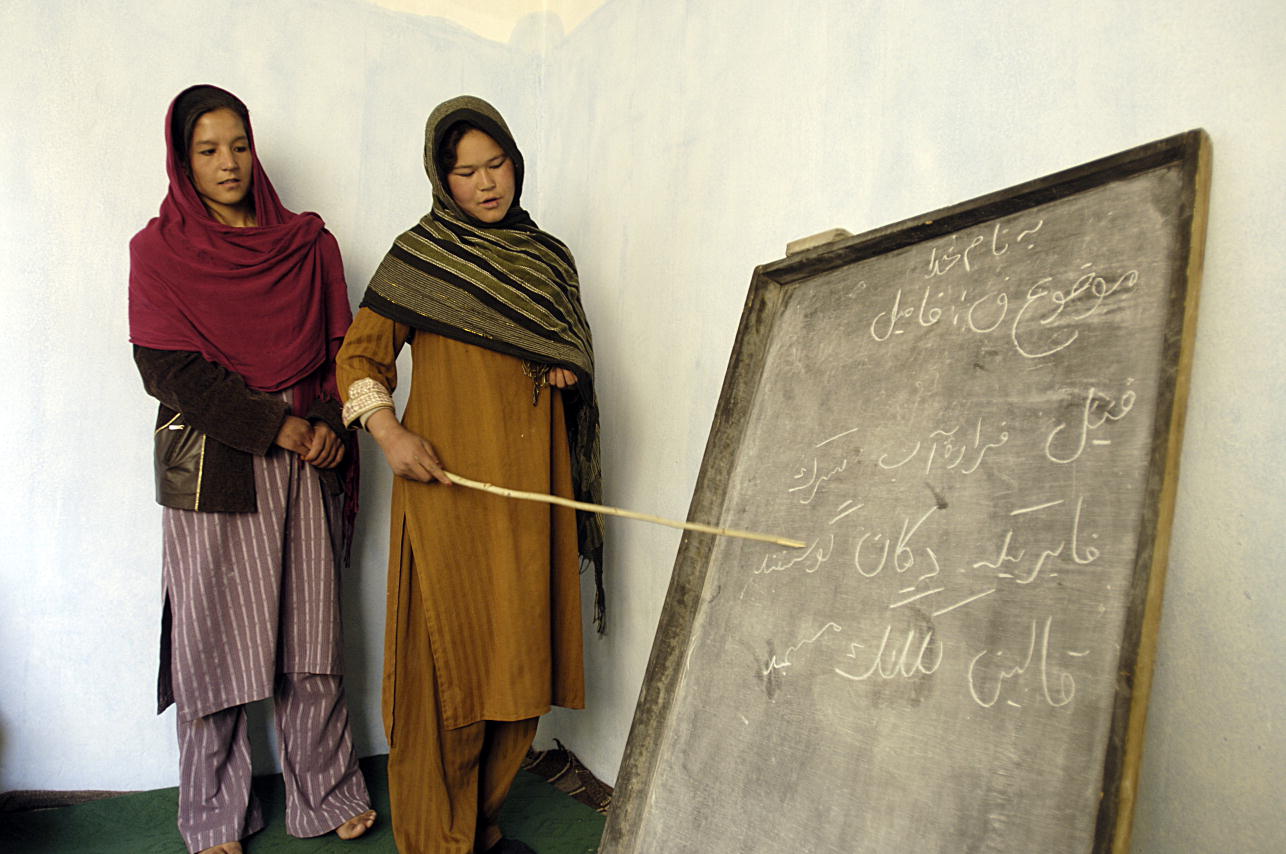
FEMALE RELIGIOUS ACTORS: Religious Knowledge as a Source of Legitimacy for Women Peacebuilders in Afghanistan
Women comprised less than a quarter of the Afghan religious peacebuilders network examined, and most of them were engaged in peacebuilding work focused on education, including teaching peace and conflict resolution from an Islamic perspective or raising awareness in their spheres of influence about what Islamic sacred texts say about peace.

DIASPORA: Local Elites Hold Negative Views of Diaspora as Peacebuilders in Bosnia and Herzegovina
In most cases, local elites hold a negative view of the role of the diaspora in peacebuilding and, at best, view diaspora engagement as limited to economic development.
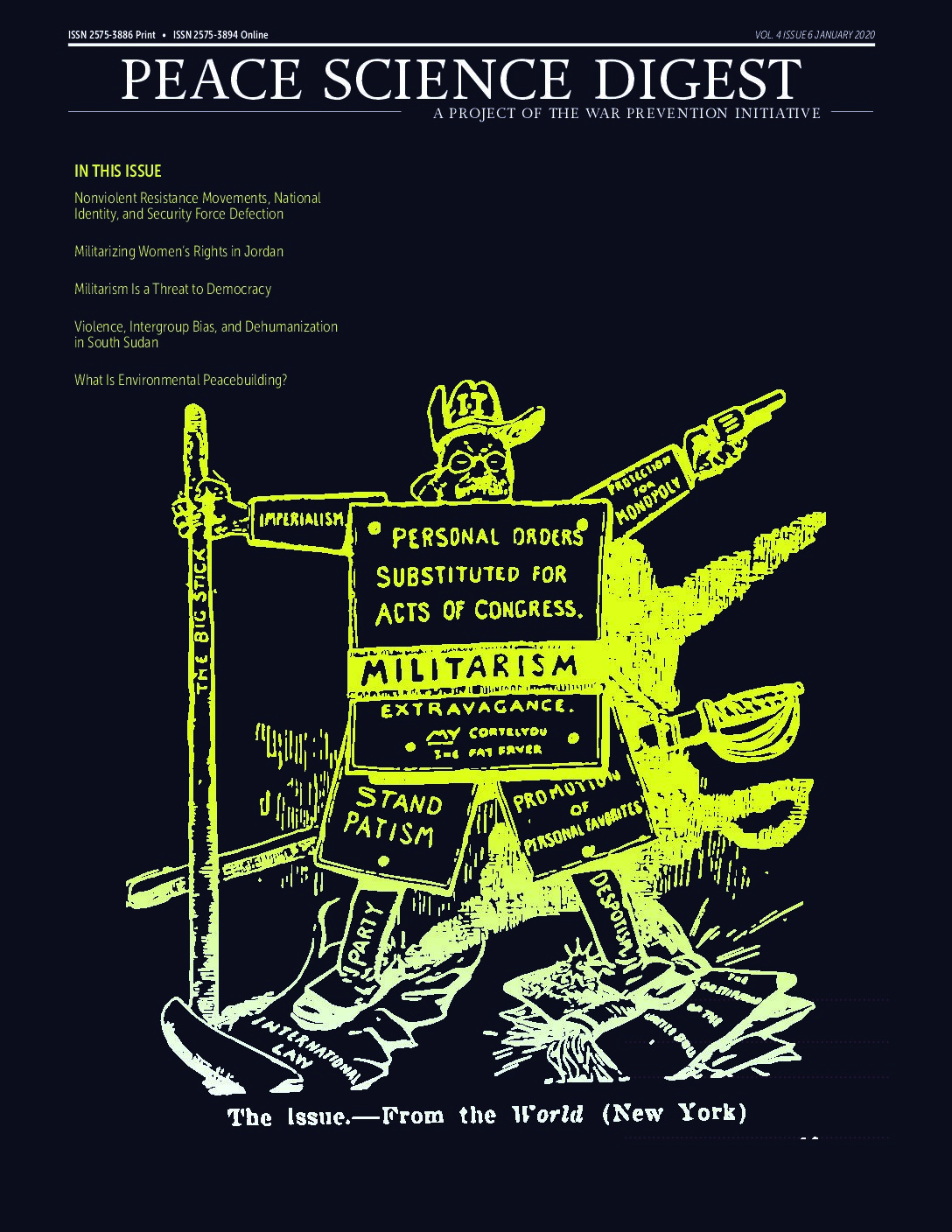
Volume 4, Issue 6
As of January 2020, The U.S. and Iran have walked back from the precipice of war. The recent escalation underscores the prevalence of militarism, especially here in the U.S.—and why the work of the Peace Science Digest in countering militarist narratives is so urgently needed. In particular, our first task … Read more
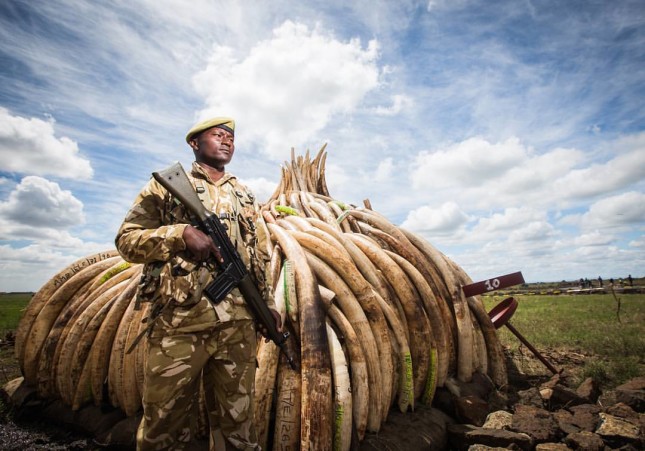
What is Environmental Peacebuilding?
Environmental peacebuilding is an emerging field that views conflict over environmental resources as an opportunity for conflicting parties to cooperate with one another and, ultimately, work towards establishing a lasting and sustainable peace.
